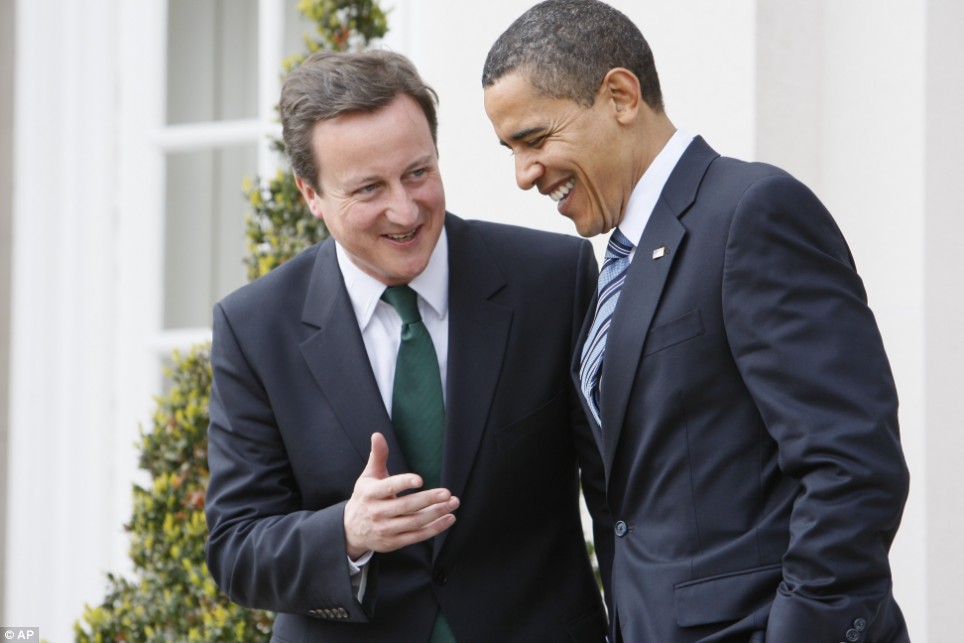RT
November 11, 2013

The successful adoption of the EU-US trade agreement promises both parties massive gains of up to $159 billion, but the profits could come at the expense of the everyday consumer, who could see the quality of their products diminish as a result.
Over 50 US officials are in Brussels to negotiate the Transatlantic Trade and Investment Partnership (TTIP), which, if signed, will create the world’s largest free-trade area, which has also been dubbed an “economic NATO”. Officials meeting in Brussels this week will hammer out details to reduce trade limiting regulations.
The new round of talks will focus on reducing trade barriers on investment, energy, services, and raw materials, and key agreements will be announced Friday.
‘Non-tariff barriers’ increase the cost of business, whether it’s adjusting the voltage on an electronic device, changing a car’s exhaust system to comply with local environmental regulations or a difference in opinion of which chemicals are “harmful” or “hazardous” in the respective territories.
By limiting health, safety and environmental regulations in order to boost trade, the US and EU are “putting the corporation above the nation,” Glyn Moody, journalist and author, told RT in an on-air interview.
“That’s a very big assumption. People may not want to have their food less safe or environment polluted for the sake of more money,” Moody told RT.
Moody also warns the trade agreement could behoove giant corporations like Monsanto, who could use the new ‘de-regulation’ to sue the EU for billions of dollars if they refuse to import GMO products
The EU says the TTIP could bring annual benefits of $159 billion (€119 billion) to its 28 member states. This breaks down to an extra $730 (€545) in disposable income for a family of four in Europe and an extra $875 (€655) per family in the US, according to a March 2013 study on “Reducing Transatlantic Barriers to Trade and Investment”.
There would be fewer constraints and companies will benefit, but “the public will pay in terms of regulation reduced protection and that is never calculated in these trade agreements, it’s always about the bottom lines of the big companies,” Moody said.
The week-long round of negotiations were originally scheduled for October but postponed due to the US government shutdown.
